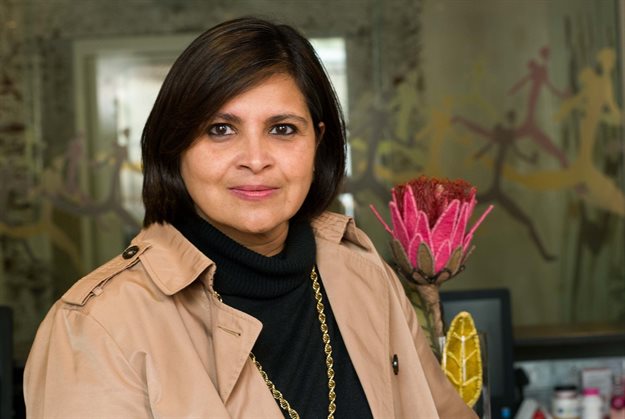Marketing & Media trends
Industry trends
BizTrends Sponsors
Trending
#BizTrends2020: Time for the NPO sector to ask tough questions

Despite the growing number of NPOs (there are around 200,000 in South Africa), many are not functioning optimally. Their funding has declined, they may have lost staff, and face leadership challenges. There is a danger of losing momentum and strategic initiative because of current weakness.
Nonetheless, many South African NPOs, such as media, legal and social justice organisations, have been widely acknowledged for their part in holding government, business and other organisations to account; government sees partnerships with civil society as important for development. They have taken steps to expose corrupt activities and to encourage adherence to the promises of the Constitution.
What are some of the 2020 trends we can expect in the non-profit sector?
Social enterprise: NPOs once frowned upon generating their own income; now social enterprise is seen as a saviour. There is pressure on NPOs to reposition themselves and to shift from a model based purely on receiving philanthropic funding to more self-sufficiency to put their organisations on a more stable footing.
Community philanthropy: There is growing awareness of the extent of the hidden or unrecognised resources within communities, and working with what you have, and acknowledgement of how important it is to hold on to hope, and to give, no matter how little you may have. Leading from this, there is greater recognition of the importance of community ownership, with community projects, initiatives and causes directed primarily by the community itself and not by outside individuals, organisations or donors.
Corporate governance and trust: Increasing focus on the need for responsibility, integrity and transparency in NPOs concerning finances and operations, adherence to laws and regulations, effective boards and a clear understanding of roles and responsibilities. This is essential to attract and keep much-needed funding, and to maximise efficiency.
Fourth industrial revolution: Technology might be confusing to some NPOs, but it is also a great leveraging opportunity to connect to more people and to establish communities, measure impact, and achieve critical missions. There is a need for innovation and to understand how to scale up.
Ladder of learning: There is growing realisation of the need for professional development around philanthropy, resource mobilisation and advancement (an integrated approach to engaging the external environment and positioning an organisation to attract support).
Inyathelo is working with the Centre for African Philanthropy and Social Investment (CAPSI) and other partners on a properly recognised and accredited, quality-assured postgraduate diploma that will form a foundation for entering into masters and PhD qualifications. Inyathelo is also working on the development of a professional body in the field.
Make your voice heard: There is recognition of the need for diagnostic review and input from NPOs into national strategic planning and policy papers around societal challenges. Gender-based violence in particular has been under the spotlight and there is the understanding that we all have to do far more and work together to start repairing the social fabric of our society.
In the words of UCT Chancellor Graca Machel, speaking at the memorial service for Uyinene Mrwetyana: “It all begins here. We need to ask the hard questions. We need to take responsibility to make our society safe again. Everyone needs to be prepared to do something.”









